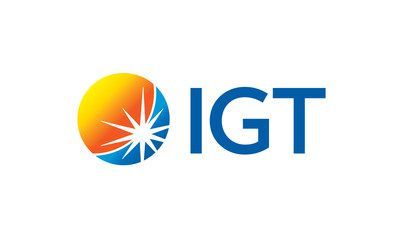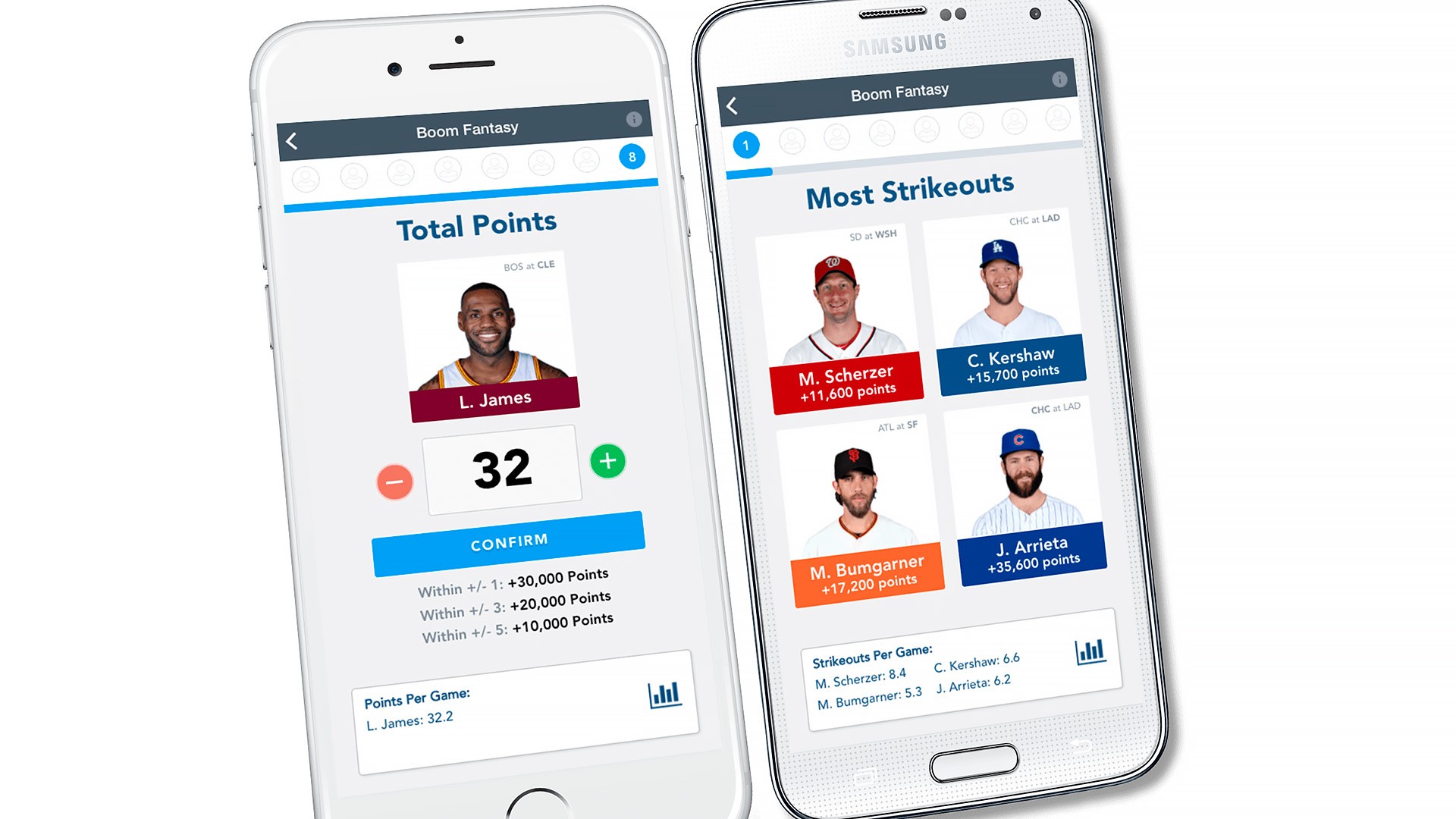
Las Vegas Sands Reports First Quarter 2020 Results
For the quarter ended March 31, 2020 (Compared to the quarter ended March 31, 2019)
– Greatest Priorities Remain the Safety and Security of Team Members and Guests and Support for Local Communities in Macao, Singapore and Las Vegas
– The Company will Continue Previously Announced Capital Expenditure Programs in both Macao and Singapore
– Strong Balance Sheet Positions the Company Well to Invest in Future Growth Opportunities
Las Vegas Sands Corp. (NYSE: LVS), the world’s leading developer and operator of convention-based Integrated Resorts, reported financial results for the quarter ended March 31, 2020.
“The impact of the Covid-19 pandemic on our business has been unprecedented, and I have never seen anything like it in my over seventy years in business,” said Sheldon G. Adelson, chairman and chief executive officer. “Our greatest priority during this difficult time remains our deep commitment to supporting our team members and to helping those in need in each of our local communities of Macao, Singapore and Las Vegas.
Despite these circumstances, our balance sheet strength will enable us to emerge from this pandemic with all our promising future growth opportunities fully intact. We remain extremely optimistic about an eventual recovery of travel and tourism spending across our markets, as well as our future growth prospects. We are fortunate that our financial strength will allow us to continue to execute our previously announced capital expenditure programs in both Macao and Singapore, while continuing to pursue growth opportunities in new markets.”
Net revenue was $1.78 billion, a decrease of 51.1% from the prior year quarter. Operating income decreased 94.3% to $55 million. Net loss in the first quarter of 2020 was $51 million compared to net income of $744 million in the first quarter of 2019. Consolidated adjusted property EBITDA was $437 million, a decrease of 69.9% from the prior year quarter.
The company paid a quarterly dividend of $0.79 per common share on March 26, 2020. The company has suspended its quarterly dividend program due to the impact of the novel coronavirus (“COVID-19”) pandemic.
Sands China Ltd. Consolidated Financial Results
On a GAAP basis, total net revenues for SCL decreased 65.1%, compared to the first quarter of 2019, to $814 million. Net loss for SCL was $166 million, compared to net income of $557 million in the first quarter of 2019.
Other Factors Affecting Earnings
Interest expense, net of amounts capitalized, was $131 million for the first quarter of 2020, compared to $141 million in the prior-year quarter. The decrease resulted from our weighted average borrowing cost in the first quarter of 2020 decreasing to 4.2%, compared to 4.6% during the first quarter of 2019.
Our income tax expense for the first quarter of 2020 was $25 million, compared to $85 million in the prior year quarter. The tax rate for the first quarter of 2020 was primarily driven by a 17% statutory tax rate on our Singapore operations.
Balance Sheet Items
Unrestricted cash balances as of March 31, 2020 were $2.60 billion.
The company has access to $3.93 billion available for borrowing under our U.S., SCL and Singapore revolving credit facilities, net of outstanding letters of credit.
As of March 31, 2020, total debt outstanding, excluding finance leases, was $12.30 billion.
Capital Expenditures
Capital expenditures during the first quarter totaled $320 million, including construction, development and maintenance activities of $241 million in Macao, $33 million in Las Vegas and $46 million at Marina Bay Sands.
Conference Call Information
The company will host a conference call to discuss the company’s results on Wednesday, April 22, 2020 at 1:30 p.m. Pacific Time. Interested parties may listen to the conference call through a webcast available on the company’s website at www.sands.com.
About Las Vegas Sands Corp. (NYSE: LVS)
Las Vegas Sands is the world’s pre-eminent developer and operator of world-class Integrated Resorts. We deliver unrivaled economic benefits to the communities in which we operate.
Sands created the meetings, incentives, convention and exhibition (MICE)-based Integrated Resort. Our industry-leading Integrated Resorts provide substantial contributions to our host communities including growth in leisure and business tourism, sustained job creation and ongoing financial opportunities for local small and medium-sized businesses.
Sands is dedicated to being a good corporate citizen, anchored by the core tenets of serving people, planet and communities. We deliver a great working environment for our team members worldwide, drive social impact through the Sands Cares charitable giving and community engagement program and lead in environmental performance through the award-winning Sands ECO360 global sustainability program. To learn more, please visit www.sands.com.
SOURCE Las Vegas Sands Corp.










